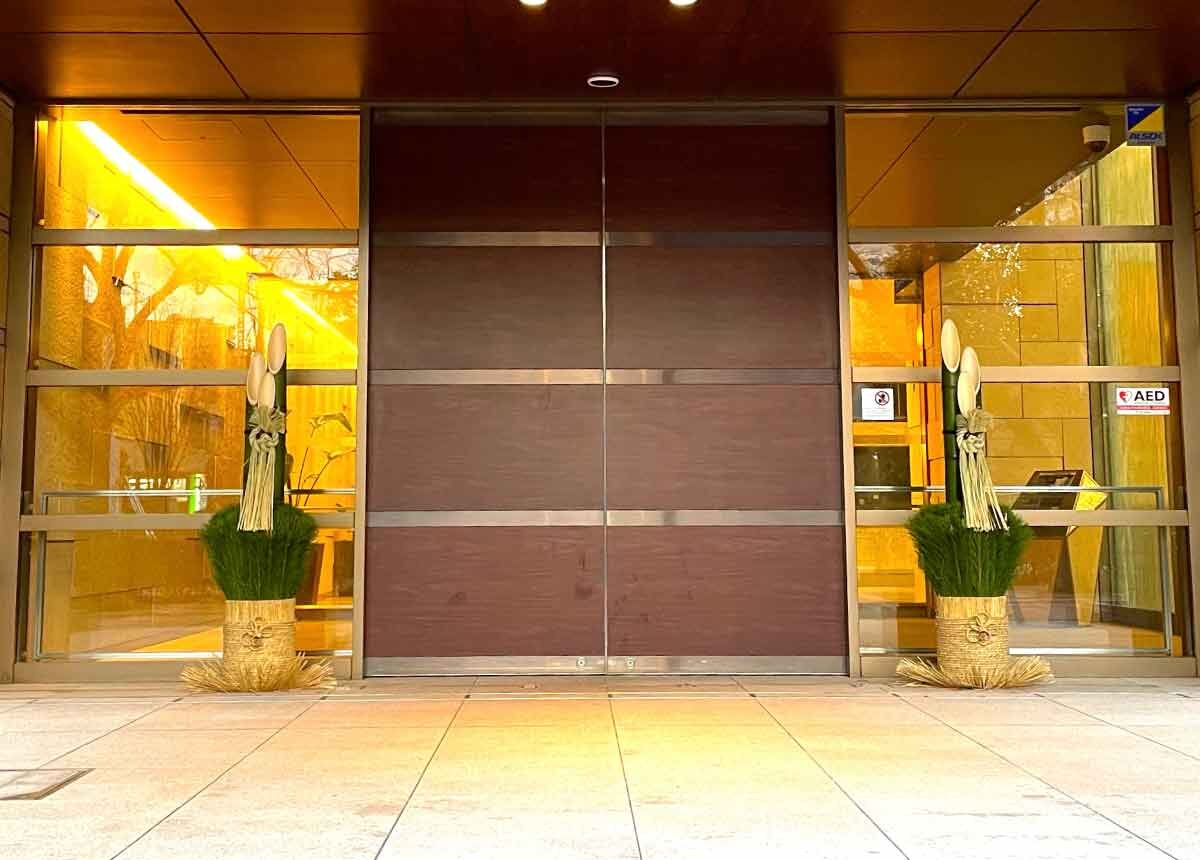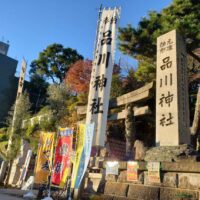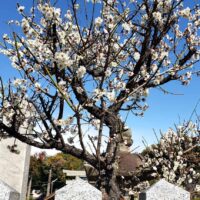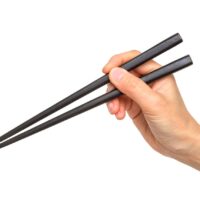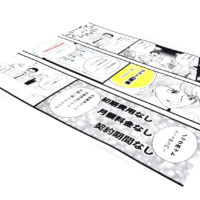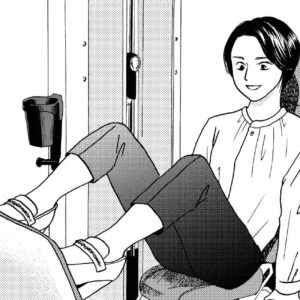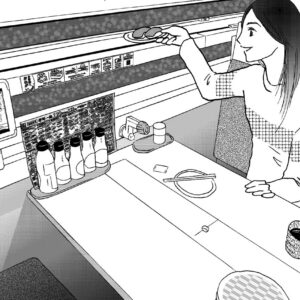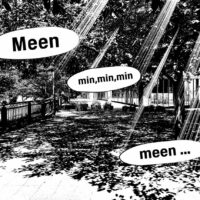Only one more day left in this year! What are you doing in the last day?
In Japan, people prepared to welcome a Deity into their homes from around December 13 until yesterday. The Deity is a god who comes down from a high mountain on New Year’s Day to bring happiness in the New Year to households. Since Japanese people do not derive their religious beliefs from a specific religion, but rather from nature, few people are aware that they are “doing it to God,” but most people unconsciously act in the following ways.
The first thing people do is clean their houses on a larger scale than usual. We also clean areas that are not polished in daily life. After cleaning to reset the dirt that has accumulated over the past year, New Year’s decorations will be put up. The meaning of this decorations are that they are markers to allow the Deity to come to our homes without getting lost or amulets for evil. They are decorations of cut bamboo and ropes, and are sold in large quantities in supermarkets at the end if the year. Everything up to this point must be completed by the 30th. Decorating on the 31st is considered disrespectful to the Deity as “decorating only one night before New Year’s Day” or unlucky as it is associated with “funerals” that are decorated only one day.
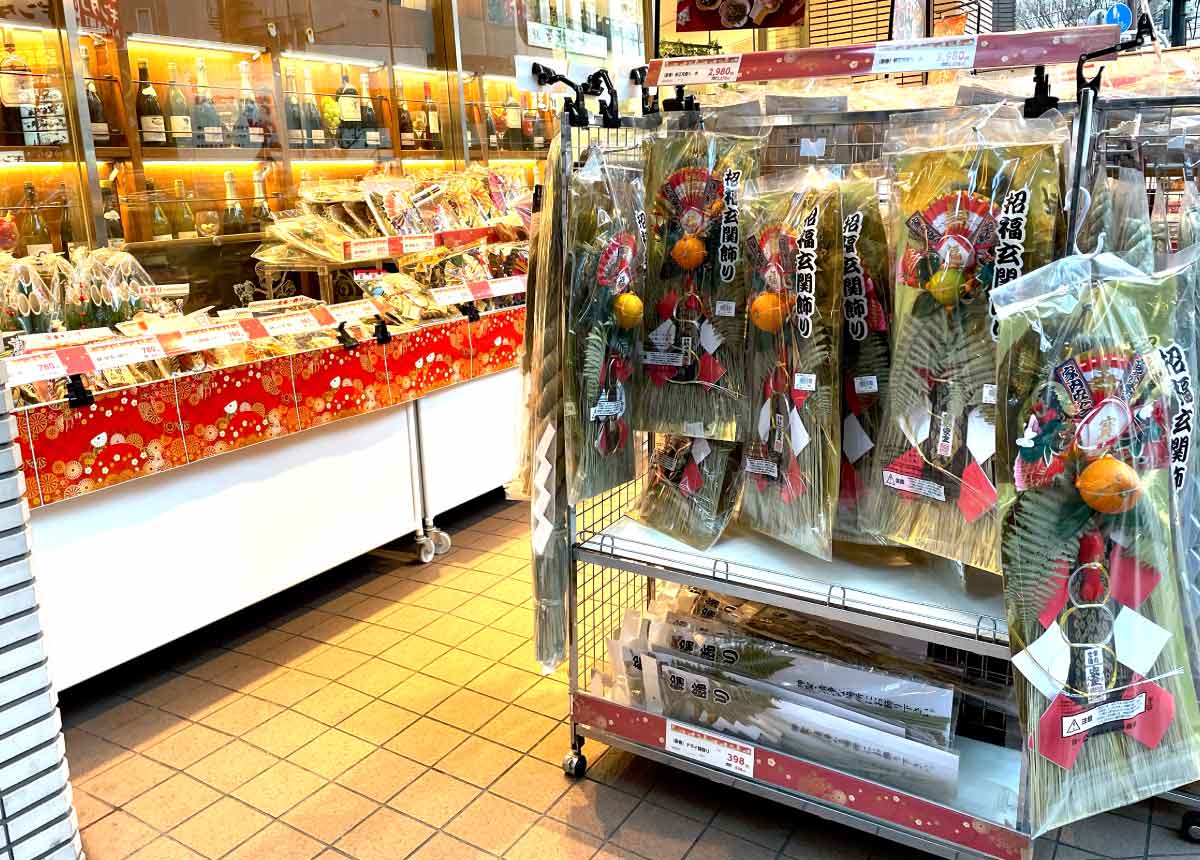
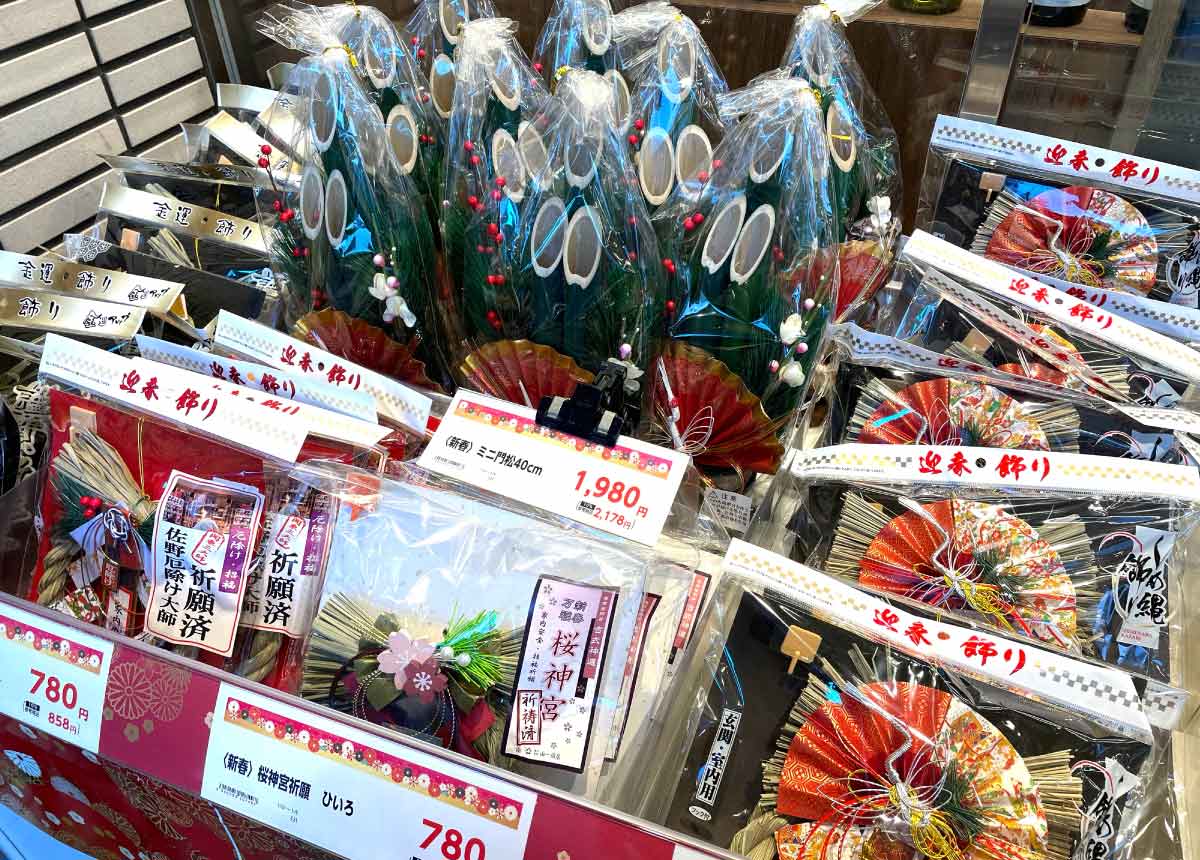
Along with decorating the house, we prepare food to be eaten during the New Year’s holiday. This is known as Japanese traditional New Year’s dish, Osechi-ryori. This culture is based on the ancient belief that food is made at the end of the year to be eaten between January 1 and 3, and that the Deity guarding the kitchen take a rest during the New Year’s holiday. In practical terms, the purpose of this is to secure food for the New Year holidays, when many supermarkets were closed, and to prepare food for the housewives in charge of the kitchen so that they can take a rest for at least 3 days.
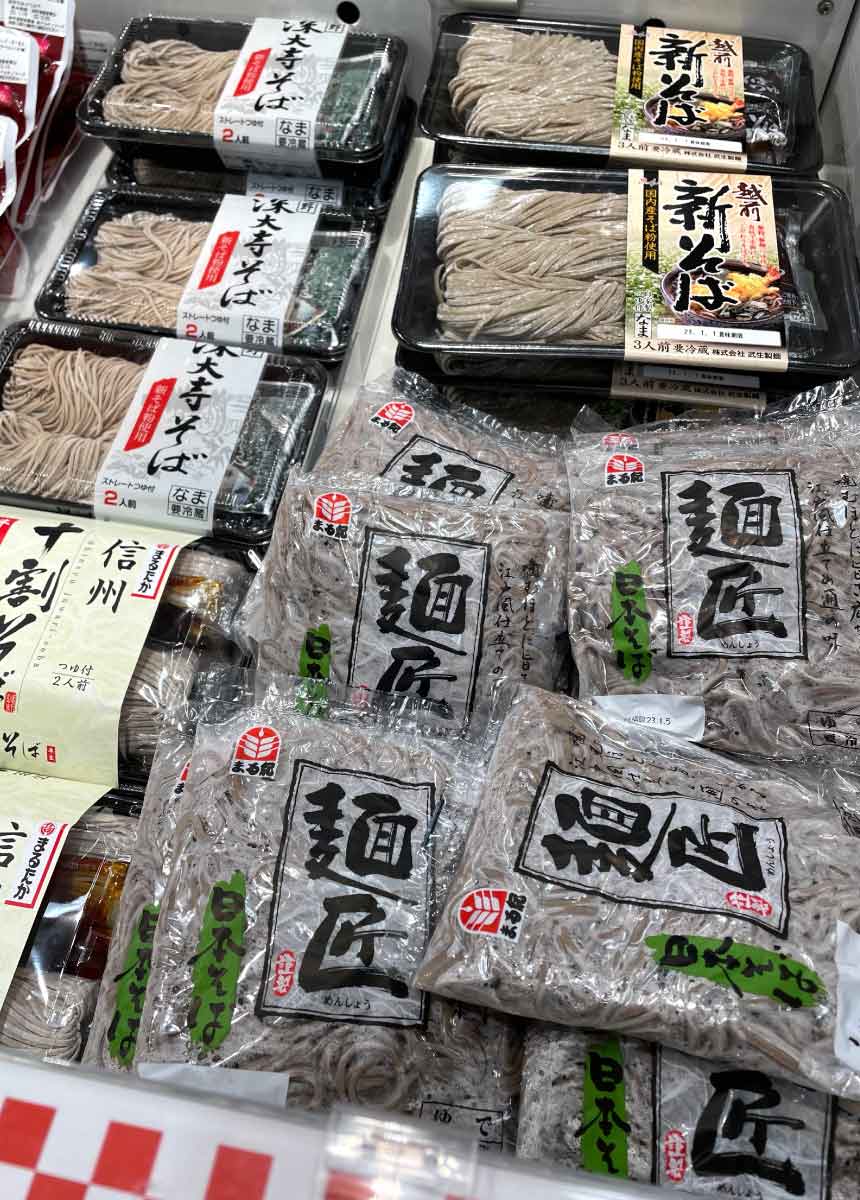
And today, on the 31st, Japanese people will eat “soba” (buckwheat noodles). There are some sayings related to luck, such as that soba is long and thin, so people eat it to pray for longevity, or that soba is easier to break in the middle than other noodles, so it is associated with cutting the hardship. Personally, I believe that the month of December was busy with all of the above, so the women in the kitchen may have felt the need for a simple meal tonight.
And times have changed. Restaurants that were closed during the New Year’s holidays are open all days except for January 1. Some people say that New Year’s dishes are not very tasty because they are stored, and they want to eat regular food. As a result, on January 1-3, people rush to Starbucks, McDonald’s, and other global chains and form lines. And some people have not returned hometown this year because the flu and corona epidemic.
I hope that next year will be another year of peace, where today is as normal as yesterday. Thank you for 2022!



